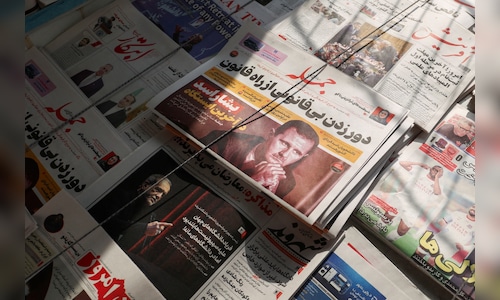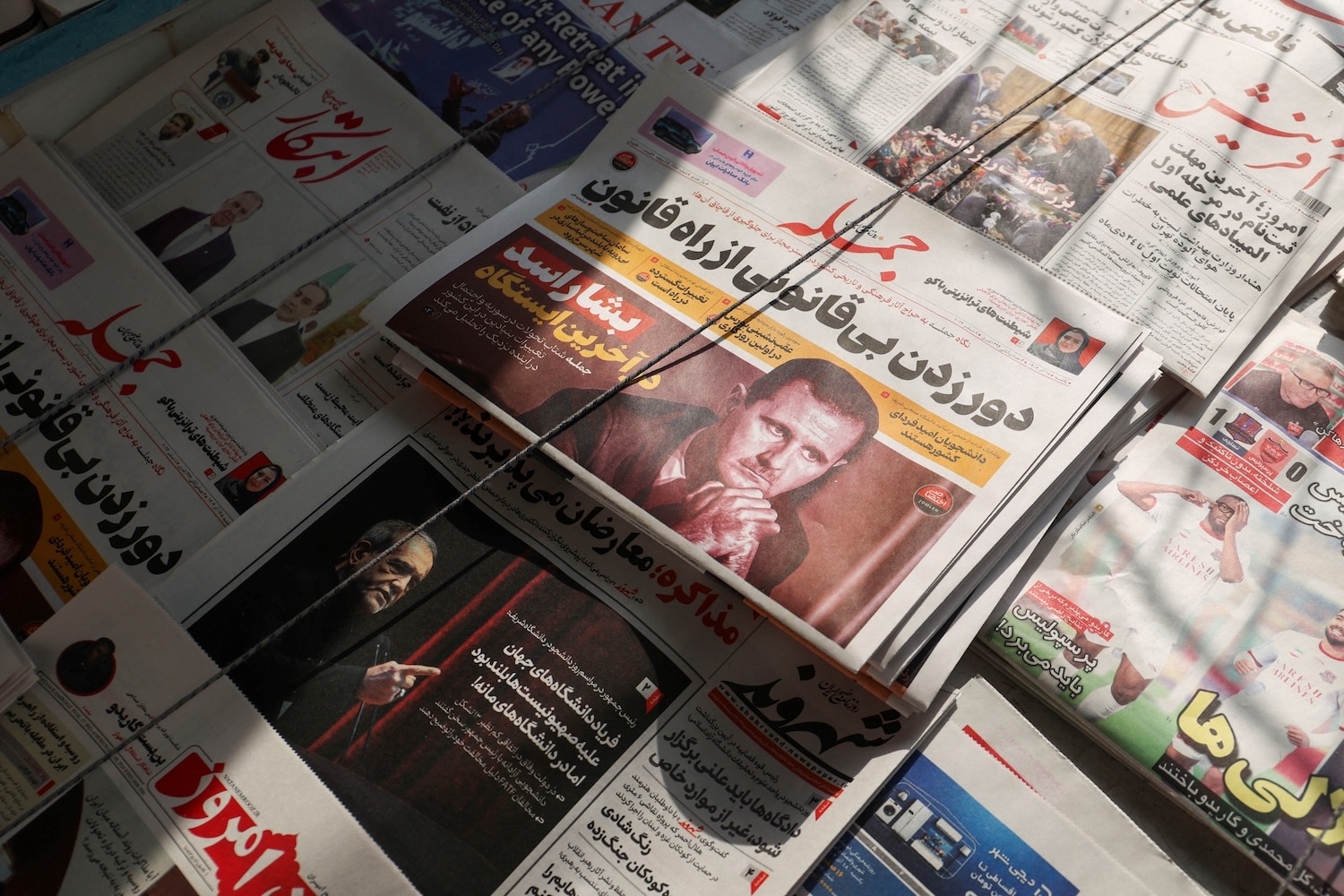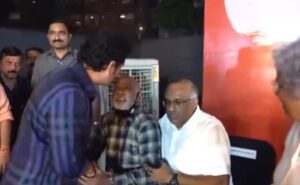

As rebel forces, led by Abu Mohammad Al-Jolani, seized control of Damascus after an 11-day blitz, a sense of victory has spread among Syrians who celebrated the end of more than five decades of Assad family rule. However, this shift has also raised alarms about the broader security dynamics in the Middle East.
Sajjanhar emphasised India’s stake in the region, stating that the stability of the Middle East is crucial to India’s interests. With over 9 million Indians residing in the region and significant stakes in energy security, trade, and connectivity, particularly through initiatives like the India-Middle East Economic Corridor, India cannot afford to overlook the potential fallout from the Syrian conflict.
“Instability is one thing that we do not want in this region,” Sajjanhar remarked. The collapse of the Assad regime has created a power vacuum, with Israel reportedly moving to occupy a buffer zone in Syria and Turkey and the United States increasing military activities. Sajjanhar expressed concern that this could lead to greater instability, which would hinder efforts to maintain peace and security in the region—key priorities for India.
Waiel Awwad, a senior journalist and political analyst, noted that Assad’s family has been in power for over 60 years, starting with his father’s regime and continuing with his own leadership since 2000.
Initially, there were hopes that Bashar al-Assad, a young doctor, would bring reform to Syria. However, the eruption of the Iraq War, the rise of ISIS and Al-Qaeda, and the tumultuous Arab Spring changed the course of the country. The Syrian people’s demands for political reform were met with harsh repression, and external forces with different agendas eventually hijacked the uprising.
The ongoing conflict, since 2011, coupled with crippling sanctions, has exacerbated Syria’s internal strife, leaving the country in a weakened state, he said.
Awwad attributed the regime’s fall to the cumulative effects of these challenges. “The harsh economic conditions and the government’s refusal to seek reconciliation led to the collapse,” he stated, underscoring how the combination of internal corruption, external interference, and the long-standing authoritarian nature of the regime culminated in its downfall.
As the world watches the power dynamics shift, India remains hopeful for a peaceful resolution led by the Syrian people. The Indian External Affairs Ministry has called for an inclusive political process that would ensure Syria’s future stability. However, with external actors like Israel, Turkey, and the US involved in shaping Syria’s future, the path to peace appears increasingly fraught with complications.
Watch the accompanying video for the entire discussion.



